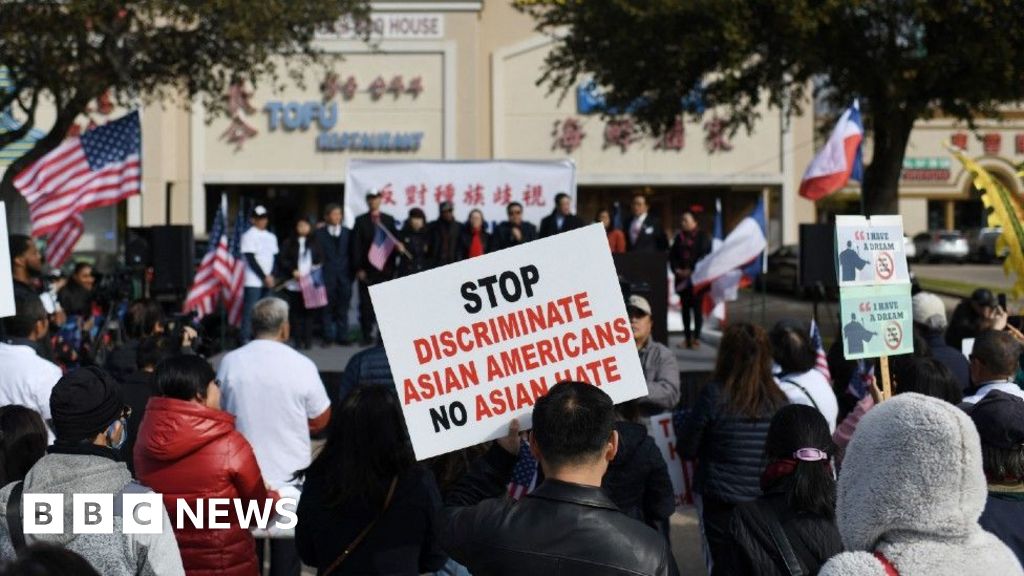Lesson in Disability Justice 2: Opposition to Recent/Proposed Disability Policy Changes Is Not “Hysteria”

 |
| Meghan Schrader |
By Meghan Schrader
Meghan is an instructor at E4 – University of Texas (Austin) and an EPC-USA board member.
I was asked to write blogs for the EPC concerning the “MAiD” movement’s undermining of disabled people’s human rights. However, “MAiD” is not the only practice with a corrosive impact on disabled people’s lives.
Therefore, as a disability justice advocate in the anti assisted suicide movement, I think it’s important for euthanasia opponents to know that in the past year there have been several proposed and/or implemented policy changes that dismantle or weaken disability rights laws in the United States.
These policy changes are opposed by pretty much everyone I know in the disability justice community; including groups and advocates who make opposing assisted suicide part of their mission. I am going to go into more detail about what most of those policies are and why they are harmful in a subsequent blog post, but what I wish to focus on in this post is the proposition that I’ve heard from some assisted suicide opponents, who do sincerely support disability justice in general, that the disability rights groups warning about the impact of these changes are getting misinformation from biased news sources and engaging in “woke politics” and “hysteria.”
Meh.
The disability justice model would oppose these policies no matter what political party wanted to implement them. I urge assisted suicide opponents not to reflexively dismiss concepts like “systemic,” “ableism” and “systemic ableism” as “hysteria” just because those ideas are being articulated by those who embrace other ideologies that you strongly oppose. I’ve lived with disabilities all my life. I grew up in America’s dysfunctional Special Education system, where I experienced social policies that empowered prejudiced people to push disabled people towards choices that have a corrosive impact on their futures. I have published research in the field of disability studies and have followed the disability justice movement’s activities for many years. So, although no ideology or source of information is infallible, I think it’s reasonable for me to trust information from other disability rights advocates more than information from sources and people who have spent significantly less time studying disability policy.
I also think people from all over the ideological spectrum can agree that society has moral duties to people with disabilities. I see no reason why people of differing ideologies cannot, at times, put practicality first and work together to fulfill these responsibilities.
I think assisted suicide opponents who want society to meet its obligations to disabled people need to understand that the disability justice groups opposing the aforementioned policy changes are staffed by lawyers, advocates and scholars who have fought for disability justice for decades. Those groups aren’t relying on information from social media or biased news sources. Their leaders are primarily people with disabilities who are reading the texts of these proposed policies and drawing their opposition from years of fighting for disability rights.
I urge other assisted suicide opponents to recognize that fighting ableism requires comprehensive knowledge. Certainly there are many news sources with clear political biases of all kinds, but in this case the “biased news sources” are reporting what disability justice advocates have said, not the other way around. If groups like the ARC, the Association of University Centers on Disability, the Autistic Self Advocacy Network, the National Council on Disability, the Disability Rights Education and Defense Fund, the United Spinal Association, the National Association of Councils on Developmental Disabilities, the American Association of People with Disabilities, the National Council on Independent Living and all of the people at the ADAPT Americans With Disabilities Act anniversary party I attended recently tell me that a trillion dollars have been cut from Medicaid and that this will restrict home and community based services for people with disabilities, I trust them more than I trust President Trump’s website. The aforementioned groups/individuals have fought for disability rights for decades and President Trump has not.
Opposition to these new policies does not mean that disability justice advocates are not grateful for the rights that disabled Americans have. As a disabled American I am very thankful that the Americans with Disabilities Act gives disabled Americans more rights than disabled people have in other parts of the world; the law has served as the model for the United Nations Convention On The Rights Of People With Disabilities. But, despite the ADA and similar laws, Americans with disabilities face discrimination every day. Although not everyone who supports an ableist policy is a bad person, assuming the competency or positive intentions of whoever happens to embrace your preferred political party or ideology is not realistic. The disability justice movement’s opposition to various policies might seem like “hysteria” to some people, but that is generally because so many disabled people and our allies have been put in situations where safeguarding disability rights seems to require one to become, well, “hysterical.”
Despite how blunt I can be on this blog or on X, I am, somewhere in my heart, still a “people pleaser;” I like being kind to others. So, when I self-advocate for accommodations for my Nonverbal Learning Disability and bipolar disorder, I try to be a nice, reasonable person. But I can’t tell you how many times I’ve thoroughly explained why I need an accommodation very nicely and politely and still found myself in situations that compromised my dignity; ones where I didn’t have much energy to devote to being “nice;” or it seemed that being “nice” needed to be of secondary concern, such as confrontations, acrimonious meetings and even “hysterical” screaming matches with virulently ableist people who had power over me and other people with disabilities. Every day disabled people interact with people who sneer at our efforts to get an education or a job; people who think disabled people are inherently violent, people who assume that people with disabilities are lying about our impairments, people who aggressively manipulate loopholes in disability rights laws and people who angrily complain about even the trivialist effort to accommodate someone’s disability. That is why so many disability justice advocates oppose “MAiD”: Disability justice advocates know how difficult it is for individuals to resist the impacts of ableist policies, so that movement largely recognizes “MAiD” as creating new situations in which disabled people are bullied into dying.
I encourage “MAiD” opponents to recognize that deep history and common personal experiences have given disability justice advocates insight into the impact of disability rights laws. Disability justice advocates have every justification to oppose things like subminimum wages, the recent Medicaid cuts, dismantling the Department of Education, proposed changes to IDEA, cutting Special Education funding, and cutting funding for postsecondary structures that serve people with disabilities. Disability rights advocates have every reason to oppose the Section 504 lawsuit’s efforts to vitiate the entire Final Rule. It is wholly reasonable for disability justice advocates to resist laws that reverse the disability justice movement’s progress in stopping arbitrary institutional confinement of disabled individuals. It is perfectly logical for disability justice advocates to oppose the proposed recision of portions of Section 503 of the Rehabilitation Act that incentivize employers to hire people with disabilities. It is wise for disability rights advocates to oppose repealing portions of Section 503 that outline how employers must comply with fundamental portions of the Americans with Disabilities Act. Disabled people and our allies are perfectly justified in assuming that the Department of Energy’s attempt to loosen rules requiring that new construction be accessible to people with disabilities will not turn out well.
In short, the disability justice movement’s suspicion about assisted suicide is equally valid when applied to other policies. I think that even if not all of the anticipated consequences of these policies come to fruition, that will be primarily because of the disability justice movement’s efforts to mitigate those harms.
I have been asked to remember that not everyone who supports the aforementioned policy changes is “evil.” I don’t think all supporters of these policies are evil, just like I don’t think that everyone who supports “MAiD” is evil. But, just “not being evil” is not enough for disabled people to be treated as equals. It is not realistic to expect every assisted suicide opponent to agree with every disability rights group or advocate on every nuance of every issue, but the things disability justice advocates want for disabled people: jobs that pay at least minimum wage, access to new construction, a good education, a strong social support system, home and community based services, etc-are generally policies that everyone on the political spectrum can agree about. Those policies benefit disabled people regardless of what other social group they belong to; they are not conjured from “hysteria.”
So, EPC blog readers, embrace your full potential as assisted suicide opponents. Listen carefully to the experiences and history of the disability justice advocates who work alongside you to oppose “MAiD.” If you want your anti euthanasia advocacy to flower into something really wonderful for people with disabilities, support disability rights policies that allow disabled people to flourish; ensure we experience equality and dignity in all domains of life.
- Lesson in Disability Justice 1: Disability Justice Is a Whole Cloth Effort (Link).











